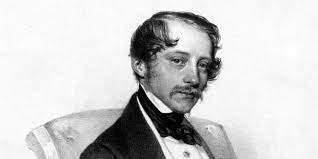
Otto Nicolai – Biography and Life
Otto Nicolai, a luminary in the realm of 19th-century music, was born on June 9, 1810, in Königsberg, Prussia (now Kaliningrad, Russia). His life’s narrative[…]

Scott Joplin – Biography and Life
Scott Joplin, often dubbed the “King of Ragtime,” was a pioneering American composer and pianist whose innovative compositions forever changed the landscape of American music.[…]
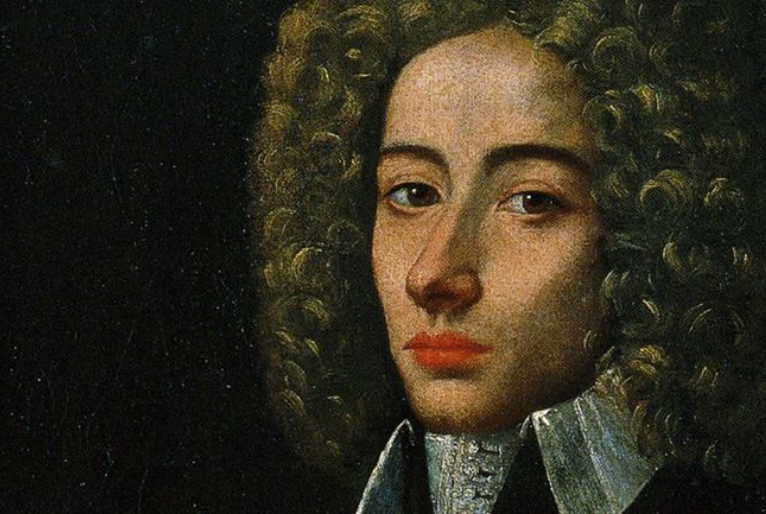
Giovanni Pergolesi – Biography and Life
Giovanni Battista Pergolesi, one of the most renowned composers of the Baroque era, was born on January 4, 1710, in Jesi, Italy. Despite his short[…]
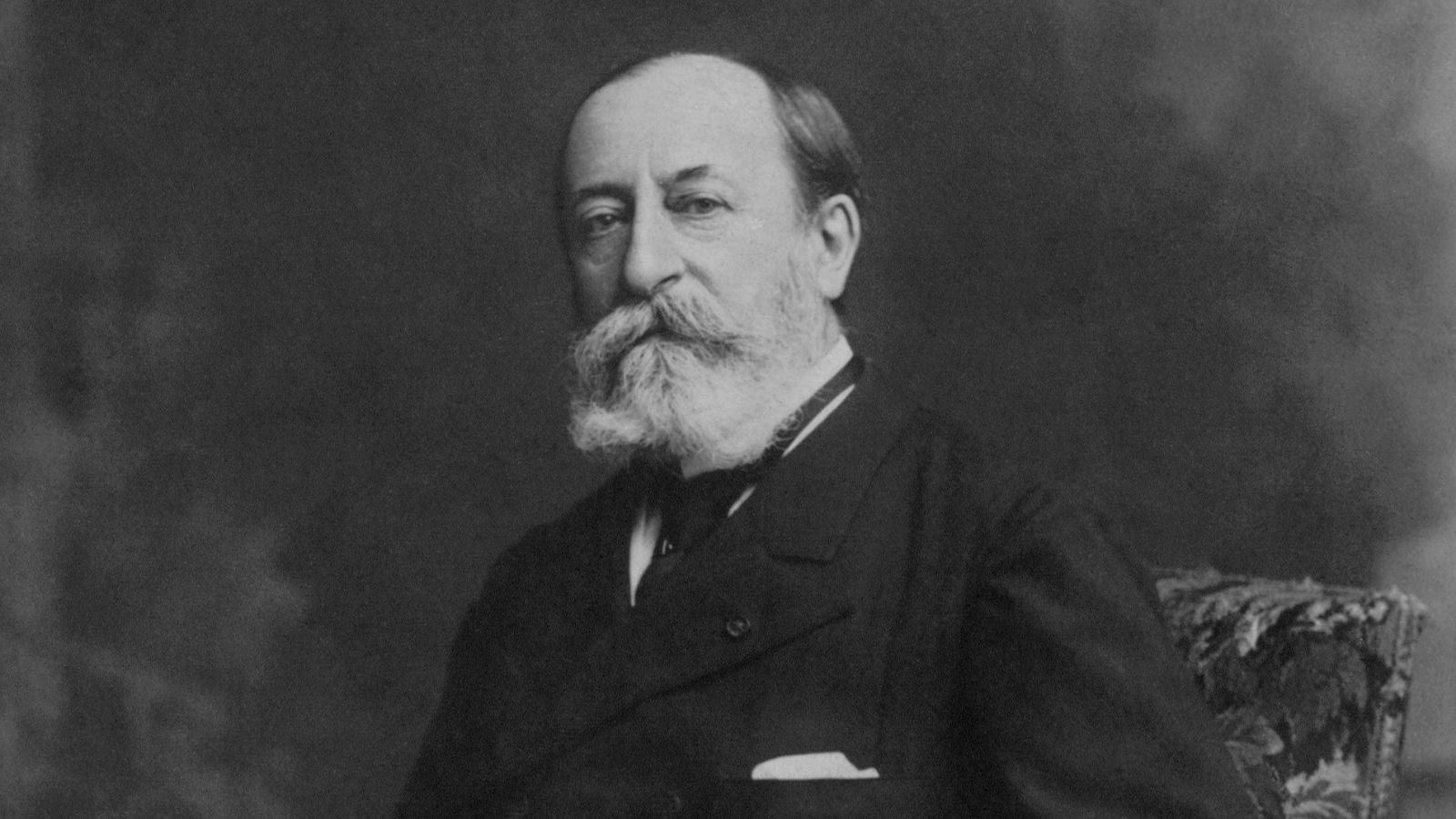
10 Fascinating Facts about Camille Saint-Saens
1 – Musical Prodigy: Born on October 9, 1835, in Paris, France, Camille Saint-Saëns displayed remarkable musical talent from an early age. He started playing[…]
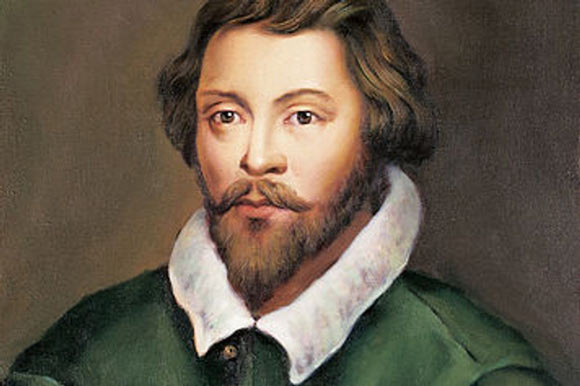
10 Fascinating Facts about William Byrd
1 – Life and Background: William Byrd was born in London, England, around 1540. He lived during the Elizabethan era, a period of great cultural[…]
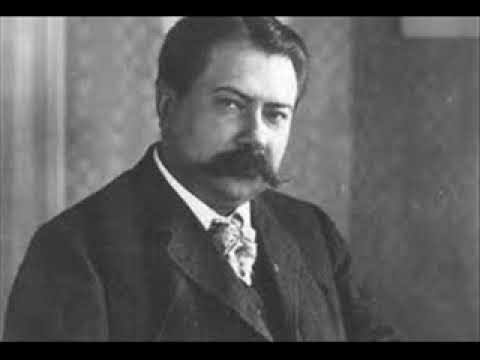
Tor Aulin – Biography and Life
Tor Aulin, a distinguished Swedish composer, violinist, and conductor, left an indelible mark on the world of classical music with his captivating compositions and profound[…]
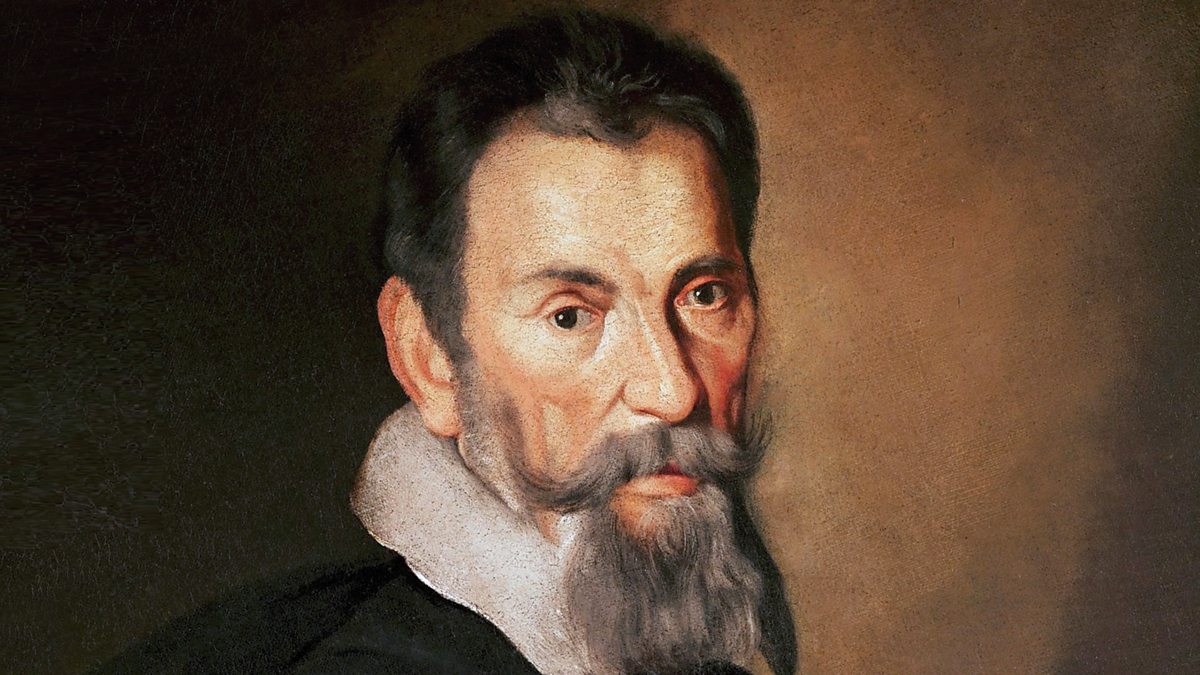
10 Fascinating Facts about Claudio Monteverdi
1 – Pioneer of Opera: Claudio Monteverdi (1567-1643) is often hailed as the father of opera. His innovative works, particularly “L’Orfeo” (1607) and “L’incoronazione di[…]
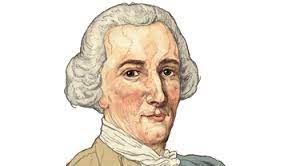
Baldassare Galuppi – Biography and Life
Baldassare Galuppi, often referred to as the “Father of the comic opera,” was a prominent Italian composer of the 18th century. Born on October 18,[…]
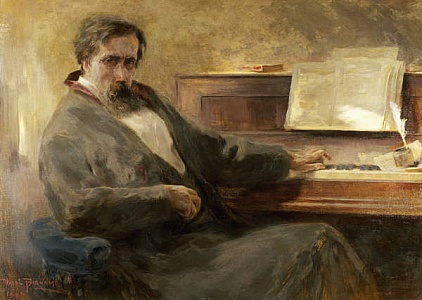
Amilcare Ponchielli – Biography and Life
Amilcare Ponchielli was an Italian composer whose legacy endures through his operatic masterpieces, notably his magnum opus “La Gioconda.” Born on August 31, 1834, in[…]
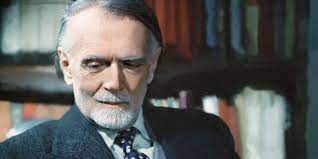
Zoltán Kodály – Biography and Life
Zoltán Kodály (1882–1967) stands as one of Hungary’s most revered and influential composers, ethnomusicologists, and music educators of the 20th century. Born on December 16,[…]